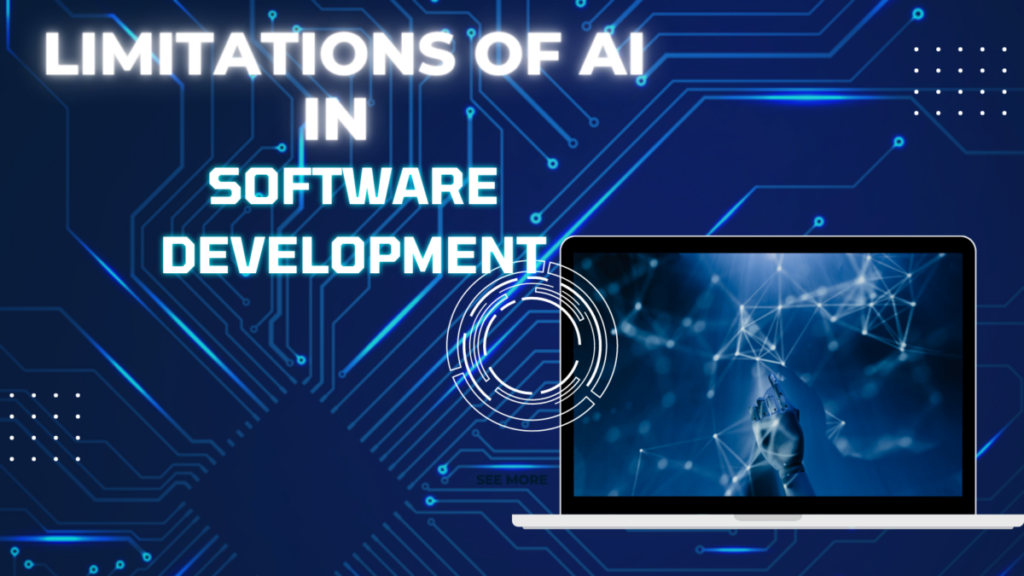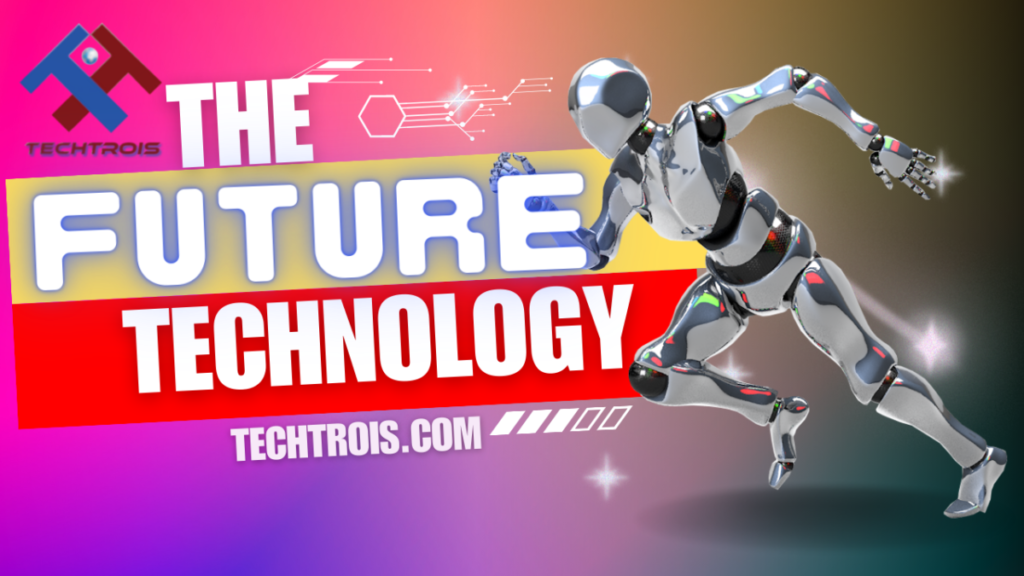Introduction
In recent years, artificial intelligence (AI) has emerged as a transformative technology across various industries, including software development. With its potential to automate tasks, optimize processes, and generate code, AI has garnered significant attention. However, it is crucial to understand that AI is not a panacea for all software development challenges. In this article, we delve into the limitations of AI in software development, shedding light on the boundaries of this powerful technology.
The Complexity of Creativity in Software Development
The Complexity of Creativity in Software Development
Software development is an intricate process that involves creative problem-solving, out-of-the-box thinking, and human ingenuity. While AI algorithms excel in pattern recognition and data-driven tasks, they struggle with abstract reasoning and generating truly innovative solutions. This limitation arises from the fact that AI operates based on existing data and predefined models, lacking the ability to think conceptually. Therefore, human developers are essential in addressing complex and novel challenges, offering creative insights that AI algorithms may not be capable of providing.
Contextual Understanding and Common Sense Reasoning
AI algorithms heavily rely on the data they are trained on to make decisions. However, they often struggle with contextual understanding and common sense reasoning. Software development requires a deep comprehension of user needs, business requirements, and industry-specific knowledge. AI algorithms, despite their advancements, may struggle to interpret context accurately, leading to suboptimal decisions or inadequate outcomes. Human developers bring the necessary contextual understanding and experience, allowing them to make informed decisions that go beyond the limitations of AI.
Ethical Considerations and Human Oversight
Ethical considerations play a crucial role in software development. AI systems, while powerful, can exhibit biases, make decisions that conflict with human values, or compromise user privacy. Human oversight is necessary to ensure that AI algorithms are ethically sound, unbiased, and aligned with the principles of fairness and inclusivity. Additionally, human developers possess the ability to understand the broader societal implications of software development decisions, taking into account the ethical consequences that AI systems might overlook.
Maintenance, Debugging, and Complex Problem-Solving
Software development is an iterative process that requires continuous maintenance, debugging, and handling complex issues. While AI can automate certain development tasks, it often falls short when it comes to diagnosing intricate problems or unexpected scenarios. Human expertise is vital in analyzing complex issues, understanding the intricacies of the codebase, and providing effective solutions. Human developers possess the intuition and critical thinking skills required to navigate and resolve such challenges efficiently.
User Experience and the Human Touch
Software development is not only about functionality; it also involves creating a seamless user experience. AI algorithms may struggle to understand human preferences, emotions, and interactions, limiting their ability to design intuitive interfaces or anticipate user needs. Human developers bring empathy and user-centered thinking to the table, ensuring that software is user-friendly, addresses real-world problems, and provides a delightful user experience.
Conclusion
While AI has revolutionized various industries, including software development, it is crucial to recognize its limitations. AI algorithms excel at specific tasks but lack the complexity, creativity, and contextual understanding that human developers possess. Embracing the symbiotic relationship between AI and human expertise is key to leveraging the full potential of technology in software development. By understanding the boundaries of AI and actively involving human developers, we can achieve optimal outcomes that align with user needs, ethical considerations, and the ever-evolving complexities of software development.



